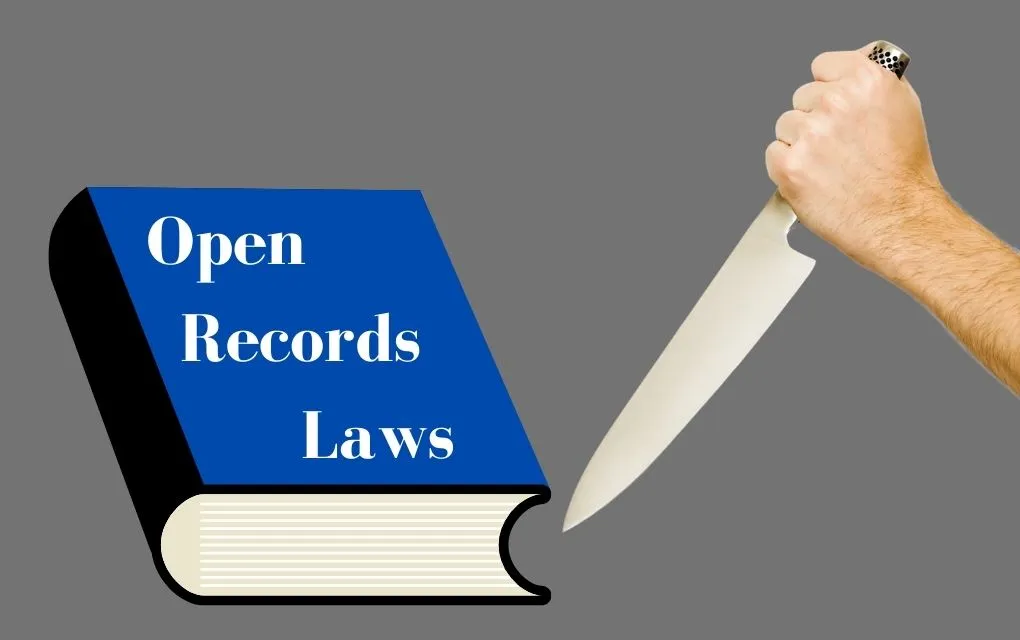From a press release
The Kentucky Open Government Coalition filed an open records complaint in Franklin Circuit Court against the Kentucky Department of Fish and Wildlife Commission on September 3, challenging the Commission’s denial of the Coalition’s request for emails and texts relating to Commission business that were sent and received by commissioners on private devices and accounts.
“Our action follows Attorney General Daniel Cameron’s decisions, in three separate open records appeals, that discussions of public business by public officials on private devices and accounts are not subject to the Open Records Act because they are not ‘possessed’ by the public agencies the officials serve,” said coalition Director Scott Horn.
The Attorney General’s position ignores the plain text of the Open Records Act, a consistent line of legal authority from his predecessors in office, and decades of practice across the Commonwealth. If allowed to stand, it will gut the Open Records Act, as well as the Open Meetings Act, and provide a roadmap for public officials to shield the public’s business from the public they serve. "The Attorney General's position, on which the commission relies, is an existential threat to Kentucky's open government laws,” added founding director Amye Bensenhaver
The commission’s position is particularly disturbing in light of the fact that its members were trained by Tourism Cabinet attorneys, as recently as 2018, that discussions pertaining to public business conducted on personal devices and accounts are subject to the Open Records Act and might be accessible to the public.
The Kentucky Open Government Coalition is a 501(c)(3) charitable non-profit organization dedicated to preserving and educating the public on Kentucky’s government transparency laws. The Coalition is represented in this action by Jon Fleischaker, Michael Abate, and William R. Adams of Kaplan, Johnson, Abate & Bird LLP.
This is one of the most important Open Records issues ever to arise under the Act. The Attorney General believes that a public employee or official can evade basic transparency rules simply by communicating on a non-government email or device. He is wrong; the law plainly allows the public access to all records concerning their business—regardless of what device or account was used to create them.
What should be particularly concerning to the public is the way that the Attorney General is pretending this has always been the law. That’s not true—and his office knows it. These rulings are a radical departure from what the law has been. And they willfully ignore the fact that the General Assembly rejected the very exemption the Attorney General is now attempting to create. We are confident that the courts will reject this attempt to gut the Open Records law from the inside.
– Michael Abate
--30--







